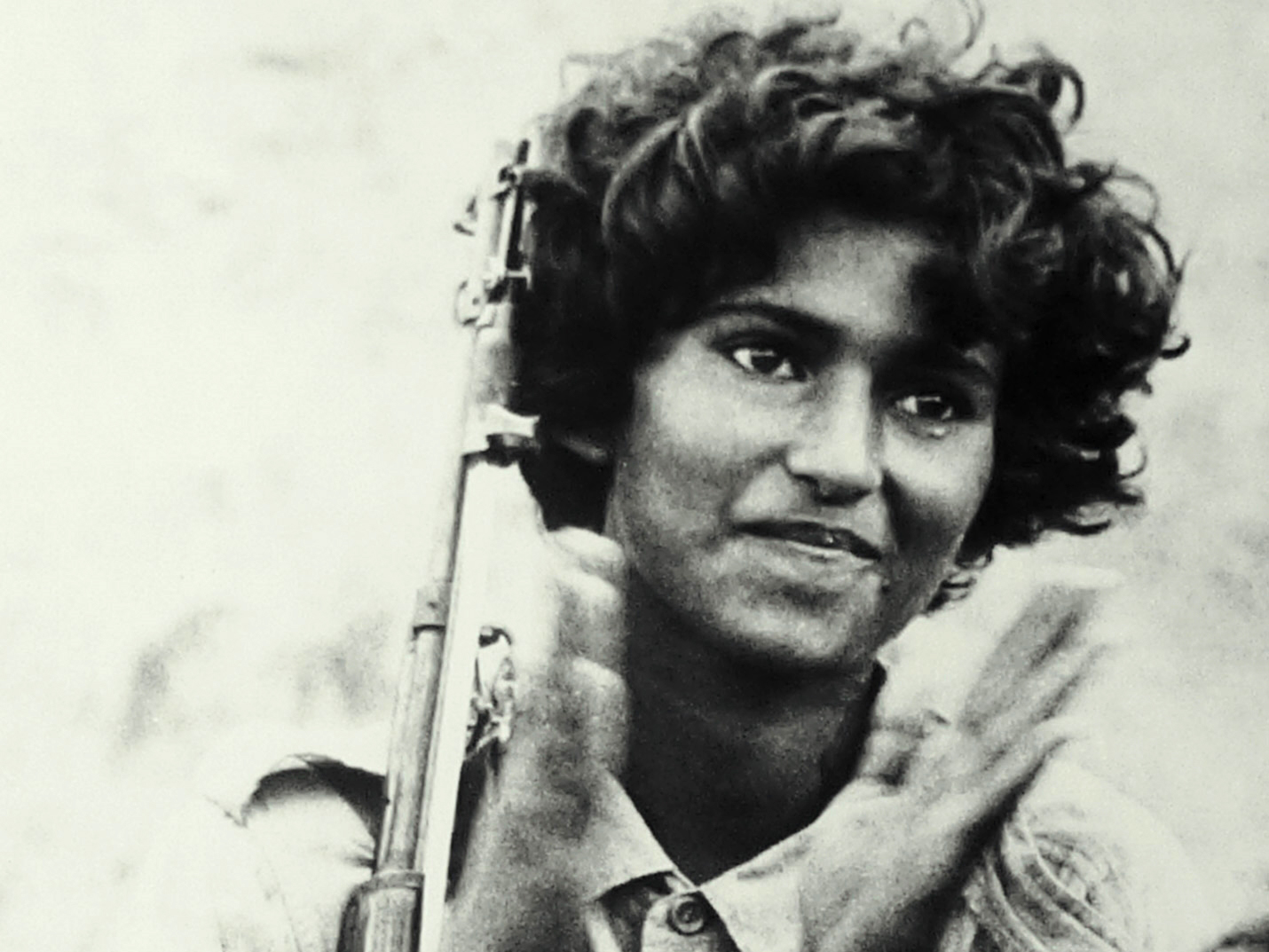
Guy Hennebelle, Monique Martineau Hennebelle, 1974
CONVERSATION
28.04.2021
EN
“The Hour of Liberation is, therefore, a partisan film at all levels. In terms of the montage as well: you can’t place images filmed on both sides of the fence in any order, and tell the viewer to choose sides; that would put oppression and freedom, injustice and justice on the same level. The film is constructed on a structure that rejects the bourgeois conception of ‘objectivity’: it clearly takes sides, without necessarily hiding the difficulties of the struggle, without hiding the contradictions, without ultimately lapsing into triumphalism. The entire montage is conceived to produce an analysis of what a people’s war is.”